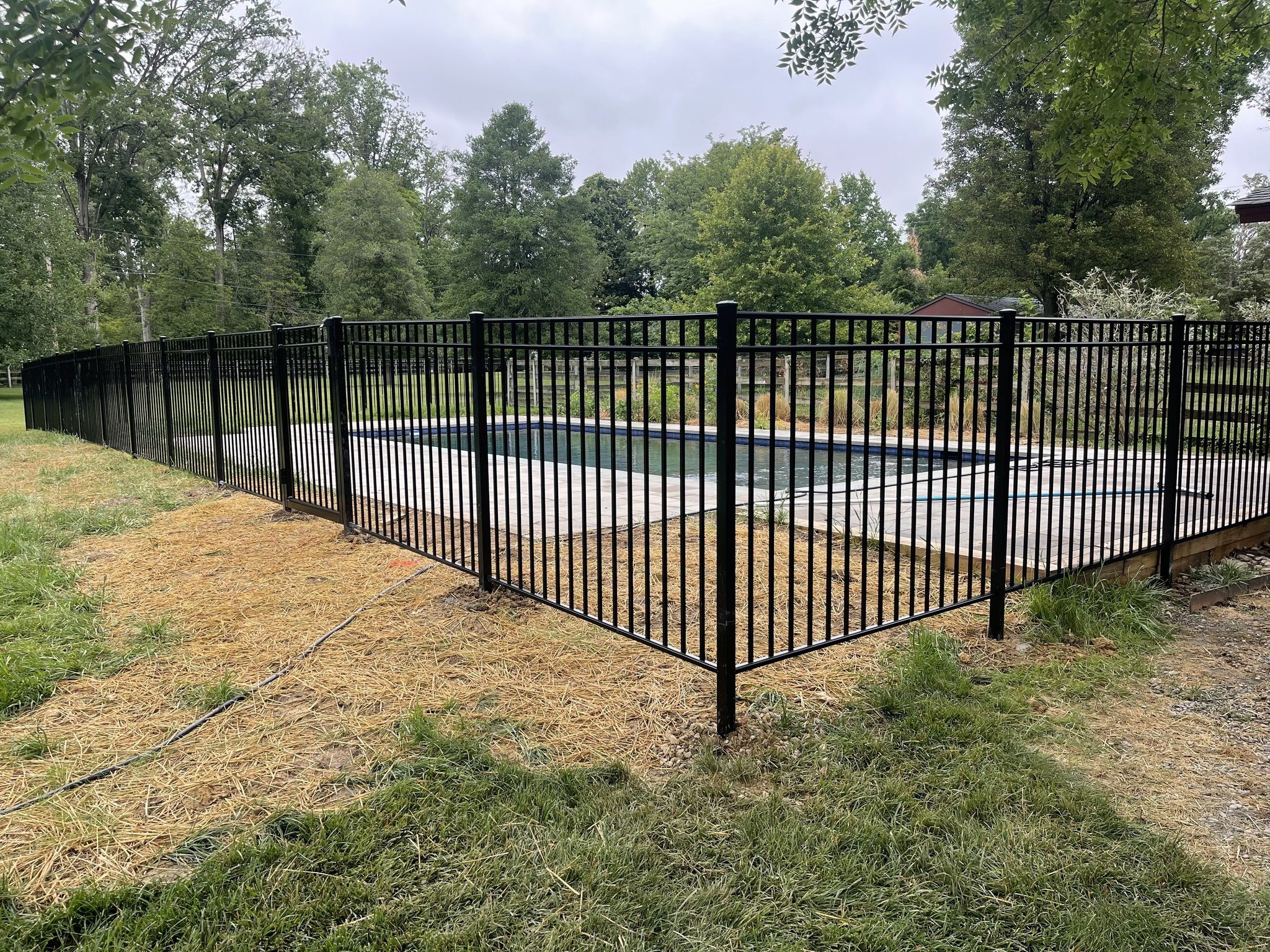
How to Choose the Right Fencing Material for Your Property Aug 17, 2025
When considering which fencing material to choose, it is essential to weigh the pros and cons of each option. One of the first factors to consider is the primary purpose of your fence. Is it mainly for privacy, security, decoration, or pet containment? Your answer will greatly influence the type of material you should consider.
Wooden fences are a popular choice for many homeowners due to their classic appearance and versatility. Offering a broad range of styles and paint or stain options, wood fences can complement any landscape. They provide excellent privacy and act as a solid barrier against intruders. However, it’s crucial to remember that wood fences require regular maintenance to prevent rot and insect damage.
Vinyl fencing is another attractive option, synonymous with durability and low maintenance. It's perfect for those who want the look of wood without the hassle of upkeep. Vinyl does not warp, splinter, or blister and maintains its color over time. This makes it an ideal choice for areas exposed to extreme weather conditions. While the upfront cost can be higher than wood, these fences often pay off long-term thanks to their longevity.
Aluminum fencing combines elegance and security, making it a compelling choice for many property owners. Known for its strength and lightweight nature, aluminum is resistant to rust, ensuring a long-lasting solution with minimal maintenance needs. These fences can mimic the look of wrought iron without the associated cost or upkeep. However, they may not provide the same level of privacy as wood or vinyl.
Chain link fencing is a cost-effective option frequently used in commercial settings but also applicable to residential properties. It offers a low-maintenance, durable solution for boundary demarcation and pet containment. Although not traditionally considered visually appealing, chain link fences can be enhanced with privacy slats or climbing plants to improve their appearance and privacy level.
Steel, wire, and composite are other materials that can be tailored to specific needs. Steel fencing is highly robust and ideal for high-security requirements, while composite fences offer a wood-like appearance with enhanced durability and minimal care.
It is also wise to consider the climate and environment of your property. Some materials might not withstand salty coastal air or heavy snow loads as well as others. Discussing these aspects with a fencing expert, like those at Williams Fence Company, can provide personalized insights that cater to local conditions and individual requirements.
Investing in a fence is a significant decision that enhances both the value and security of your property. With expert guidance, you can select a fencing material that aligns with your aesthetic preference, budget, and functional needs. At Williams Fence Company, we are committed to helping you navigate these choices and ensure you find the perfect solution for your home.
In conclusion, assessing your needs, reviewing the benefits and drawbacks of each material, and consulting with professionals will ensure you choose the right fencing material for your property. Don't hesitate to contact us at Williams Fence Company for expert advice and installation services tailored to your unique needs.